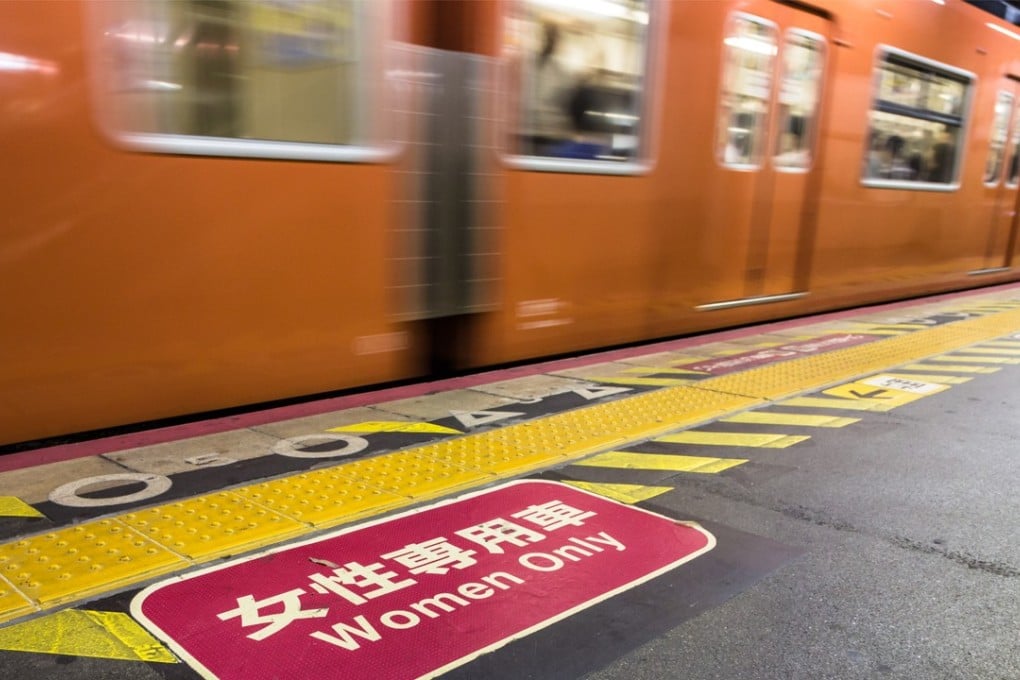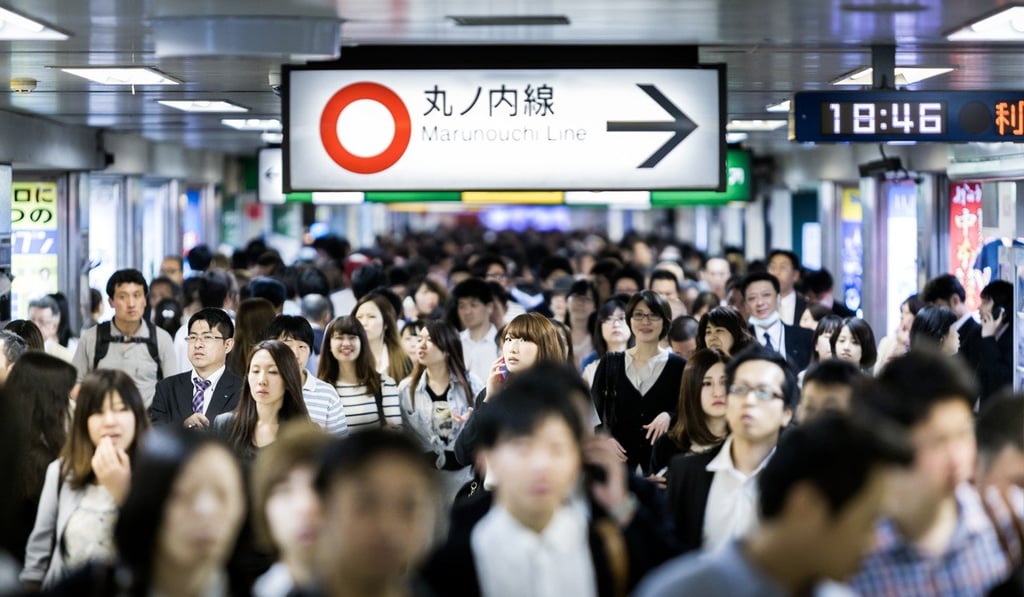Japan’s trains have become the new front in battle of the sexes
Female-only carriages were introduced to protect women from sexual harassment but more men are ignoring this stipulation, claiming it is discriminatory and unfair

Train companies in Japan introduced the first dedicated women-only carriages nearly 20 years ago, but a measure designed to protect female passengers from predatory chikan – the Japanese term for gropers – has become a new front in the battle of the sexes.
More men are openly defying the polite signs on platforms and in carriage windows that designate women-only carriages, claiming the practice is discriminatory and unfair because they have to pay the same fares for more crowded mixed carriages.
They have begun ignoring the requests, which are not legally enforceable but rely on male passengers’ good manners, bringing male and female passengers into open conflict.
The Mainichi newspaper reported recently on a case in February in which station staff at Nezu Station, on Tokyo’s Chiyoda train line, were called to an incident in which three men were engaged in a blazing row with a group of women on the platform during the morning rush hour.

The men asserted that they had the right to use the women-only carriage because men were merely requested not to use the car. The women disagreed and it took 15 minutes before tempers could be calmed.